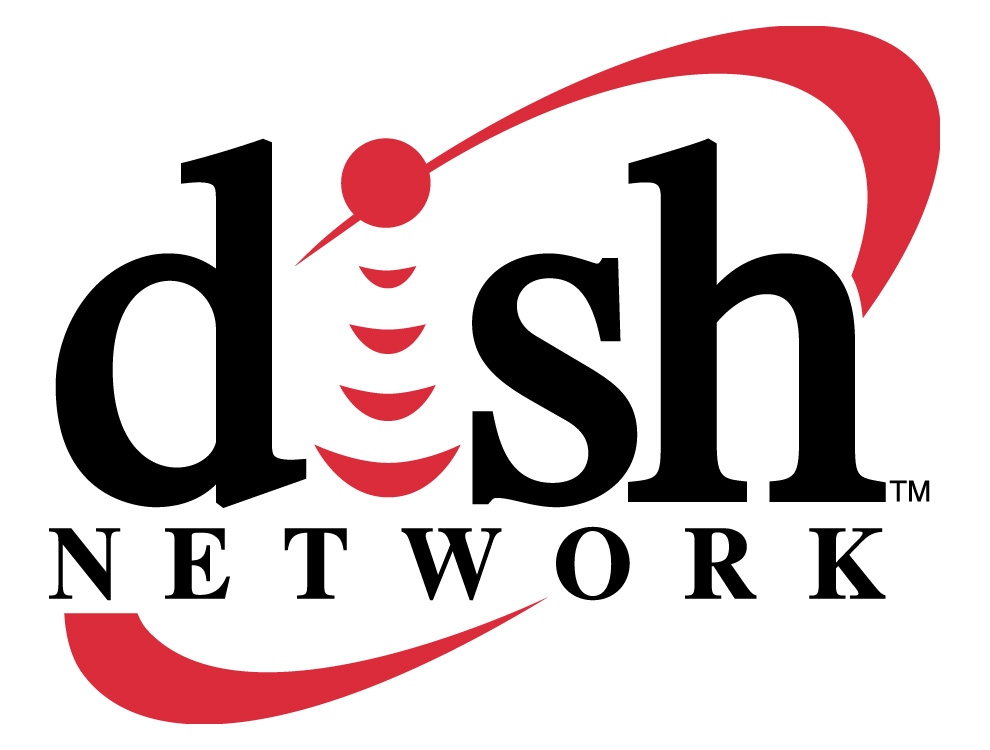Dish’s Spectrum Buy: A Bargain at $10B
The smarter way to stay on top of the multichannel video marketplace. Sign up below.
You are now subscribed
Your newsletter sign-up was successful

Dish Network has weathered its fair share of criticism over the $10 billion it recently spent in the federal government’s AWS-3 wireless spectrum auctions, but according to several analysts, the satellite-TV provider’s participation has accomplished at least one major goal — it has significantly boosted its overall value.
Dish has said all along that the AWS-3 auctions — involving about 65 Megahertz of spectrum — would finally place a value on its existing wireless holdings, which have seesawed between $3 billion and $10 billion over the past several years.
Englewood, Colo.-based Dish was expected to be an aggressive participant in the AWS- 3 bidding and did not disappoint. Through two designated entities, SNR Wireless LicenseCo LLC and Northstar Wireless LLC, it successfully bid about $13.3 billion on licenses ($10 billion after the 25% designated entity discount) in major markets like New York, Los Angeles and Chicago, and more rural areas.
It was the second highest amount bid by any individual company in the auctions — AT&T was first, with $18.2 billion — and bested Verizon Communications’s bids of $10.4 billion.
While some regulators have criticized Dish’s use of designated entities to obtain the discounts (according to the FCC, a designated entity is primarily a small business, but those rules were relaxed for this auction), most analysts focused on the value of the spectrum.
BTIG Research telecom analyst Walt Piecyk estimated that Dish’s AWS-3 spectrum could add significantly to the overall value of the company, because it can be used as both upload and download spectrum. Download spectrum is worth a lot more.
In the AWS-3 auction, according to Piecyk’s estimates, upload spectrum was valued at about $1.04 per MHz POP (or point of presence, a measurement of the number of people covered by each Megahertz of spectrum) in the top 35 markets, while downloadonly spectrum garnered a value of $6.70 per MHz POP. (A carrier that has 6 MHz of spectrum reaching a region of 6 million people has 6 million MHz POPs.)
The smarter way to stay on top of the multichannel video marketplace. Sign up below.
At that valuation, Dish’s total spectrum holdings are worth about $72 billion — $55 billion for its licenses in the top 35 markets and about $17.2 billion for licenses elsewhere.
Add in $18 billion for its satellite-TV assets, and Piecyk puts Dish’s total enterprise value at about $90 billion.
Factoring out $14 billion of debt, including the $10 billion for the AWS-3 licenses, Piecyk puts Dish’s valuation at $165 per share — more than twice the $77 price range of Dish stock.
Accounting for taxes and even removing the $3.3 billion designatedentity discount drops the total value to $118 per share, still about more than 50% above Dish’s current price range.
While Dish’s spectrum purchases have increased its overall value, they could be a hurdle in any possible acquisition of the company.
Morgan Stanley media analyst Ben Swinburne wrote in a research note that in five of the top 20 markets (New York, Chicago, Boston, Minneapolis and Cleveland) Dish bought 10-15 MHz of paired spectrum, while Verizon bought none.
There were no markets in the top 20 where Dish acquired spectrum and AT&T bought none, Swinburne added, suggesting that Dish’s strategy was to concentrate its bidding in strategic markets and block Verizon.
“Verizon could find itself under additional pressure to sit down at the table with Dish,” Swinburne said, adding that any potential deals could take several forms, including acquisition, leasing spectrum or joint ventures.
M&A has been an issue with Dish in the past. With its satellite business maturing, investing in spectrum has been a boon to its share price as it contemplated building out a wireless broadband network with a partner, leasing spectrum or selling it outright.
Dish chairman Charlie Ergen has offered up the possibility of an overall sale of the company in the past — half-jokingly. Now what was always expected to be a hefty forsale price has gotten even more expensive.
“The bigger issue will be finding the company that can afford $90 billion,” Piecyk said in his blog post. “We suspect that Ergen might be willing to settle for somewhere in between today’s price and $165.”
